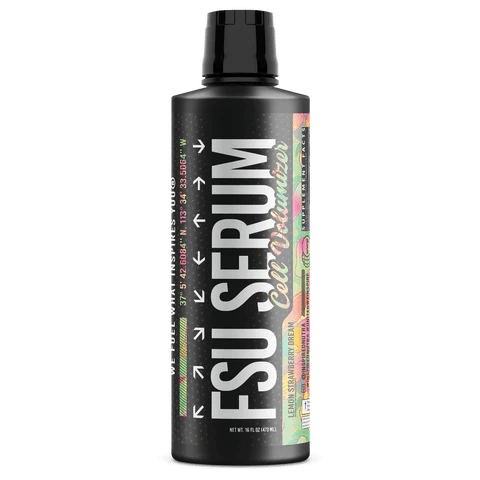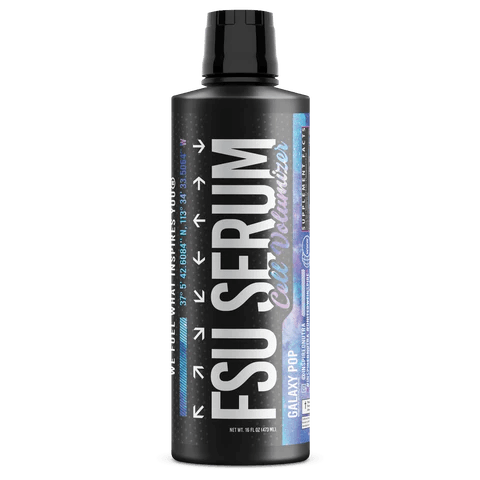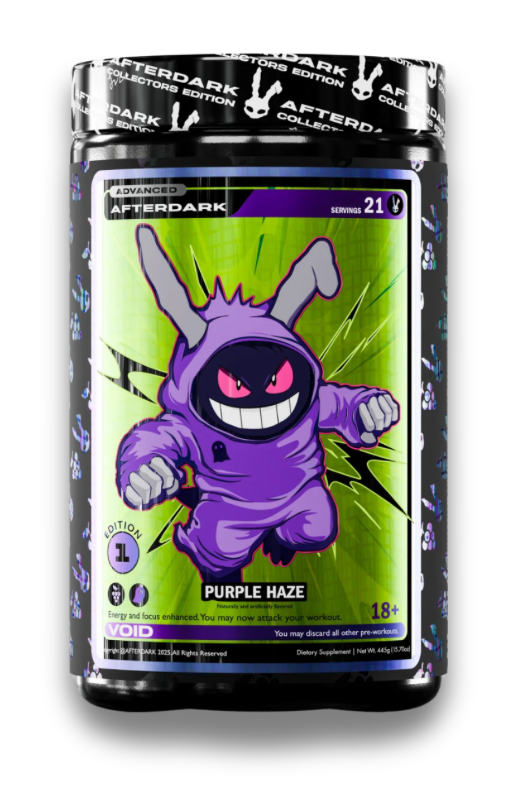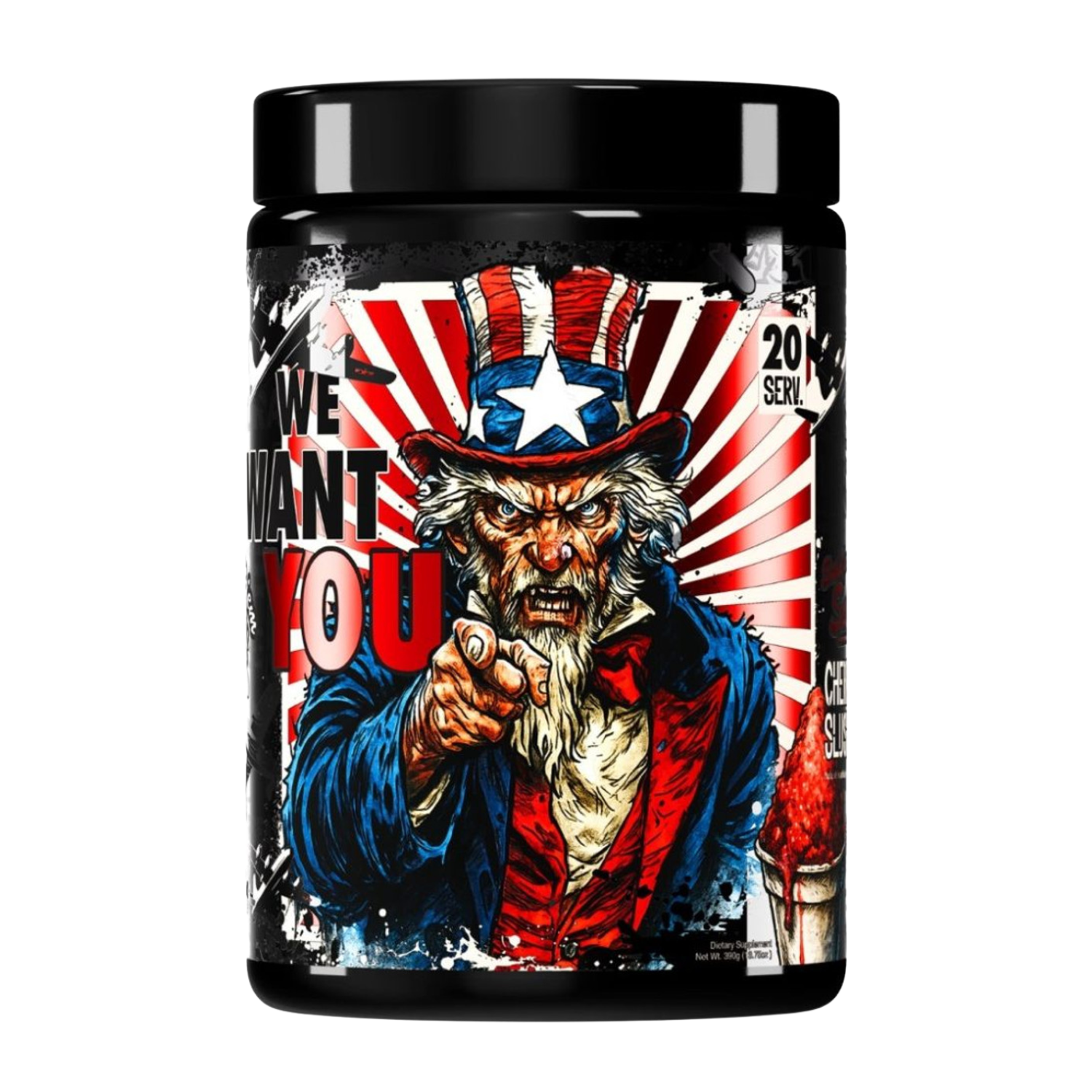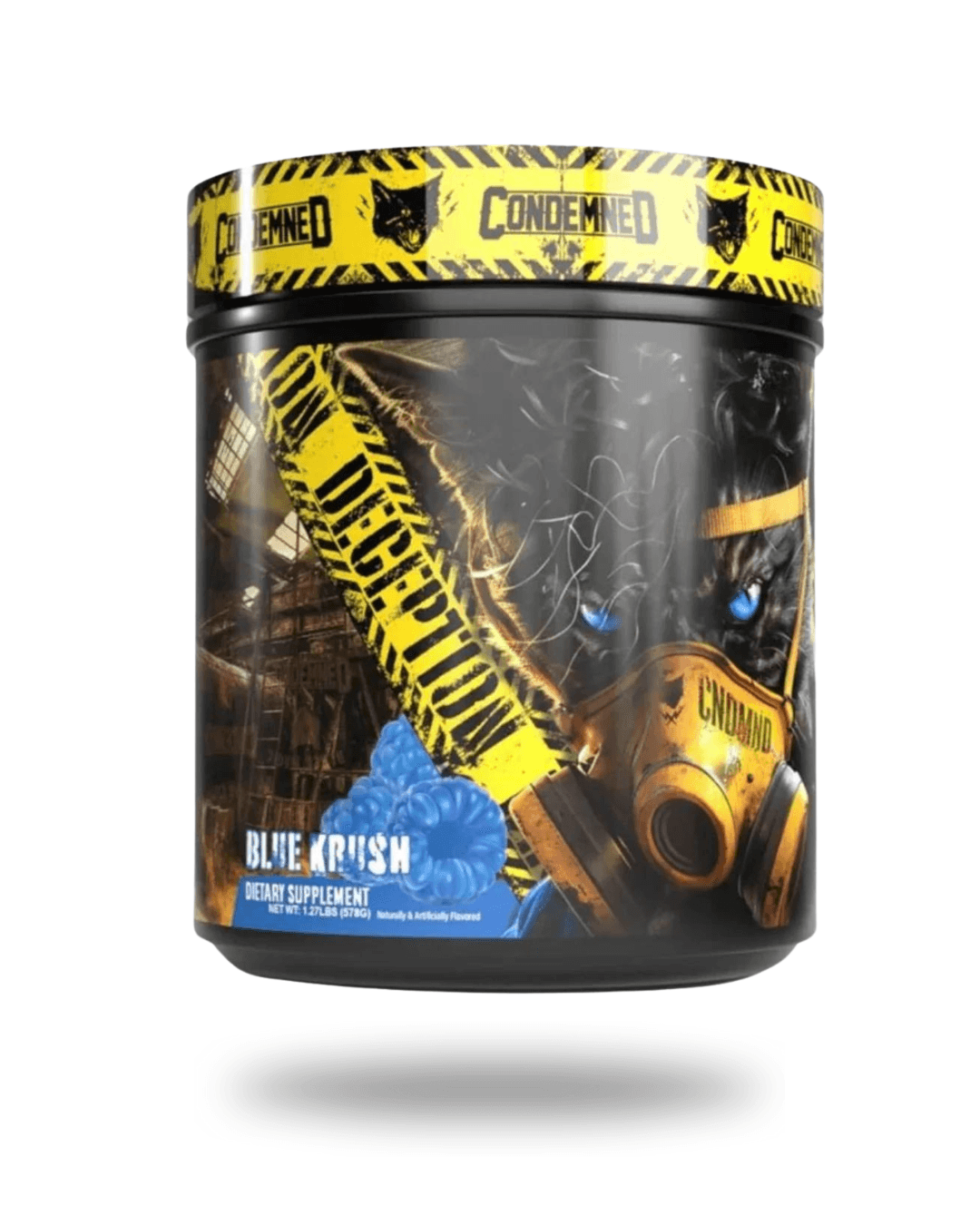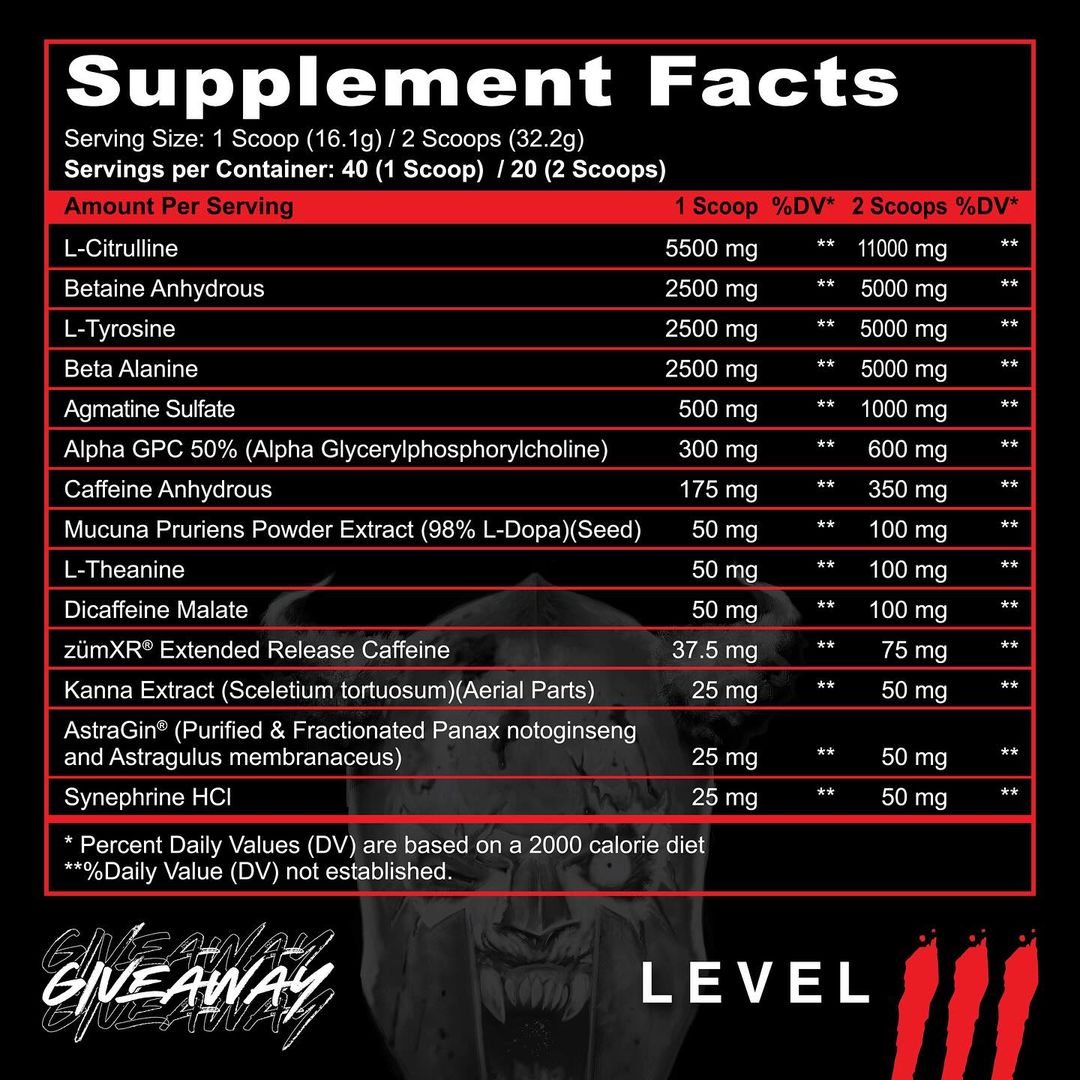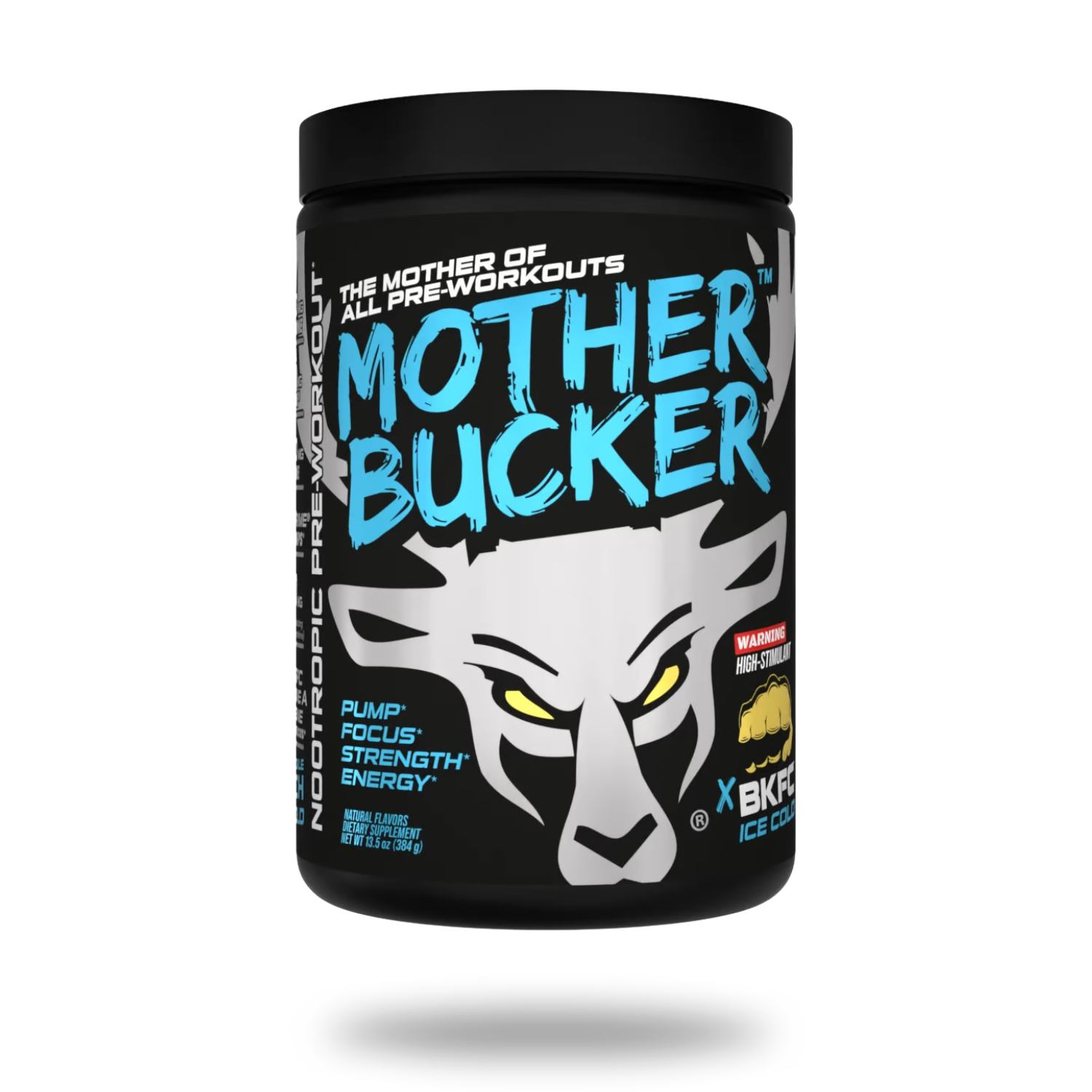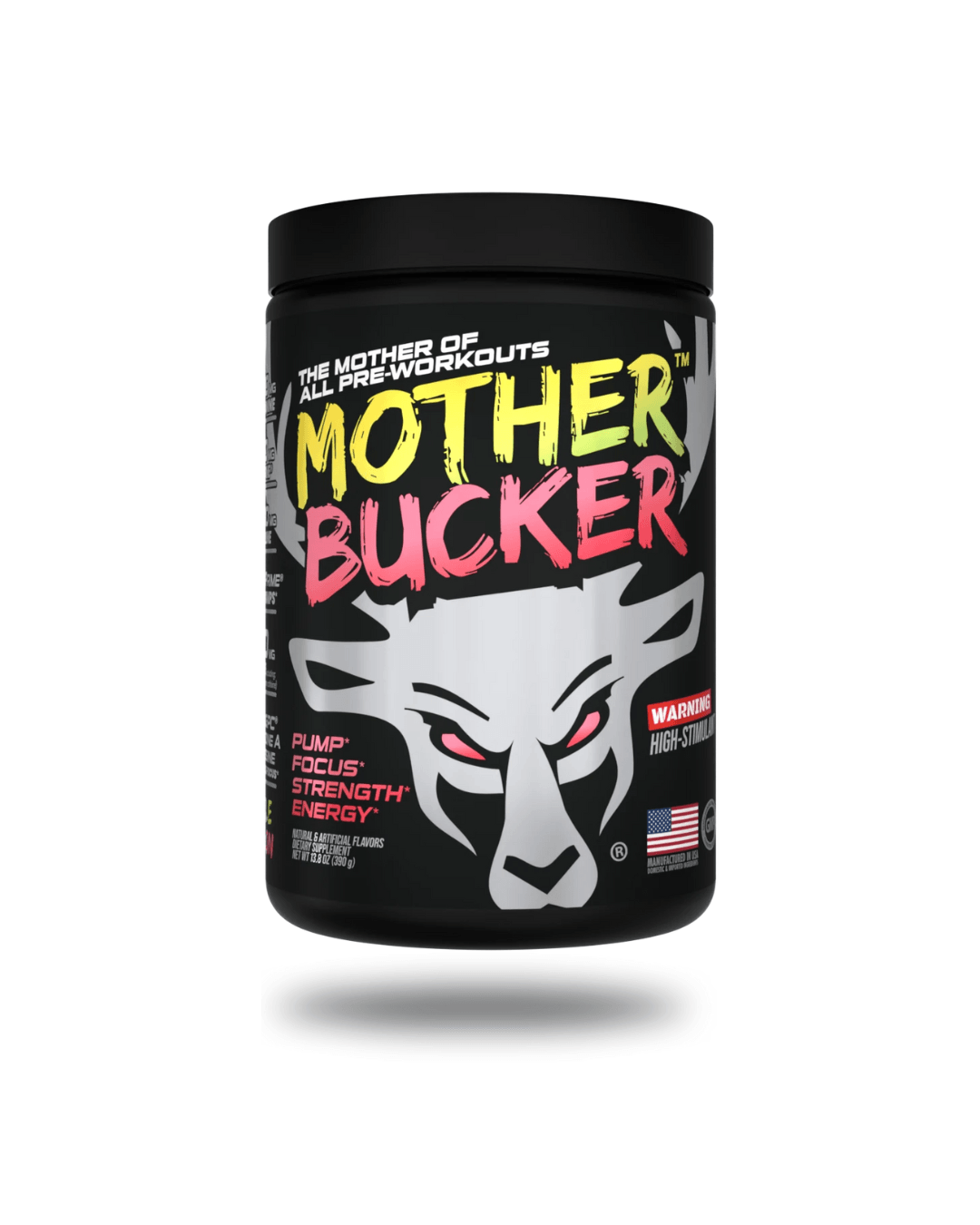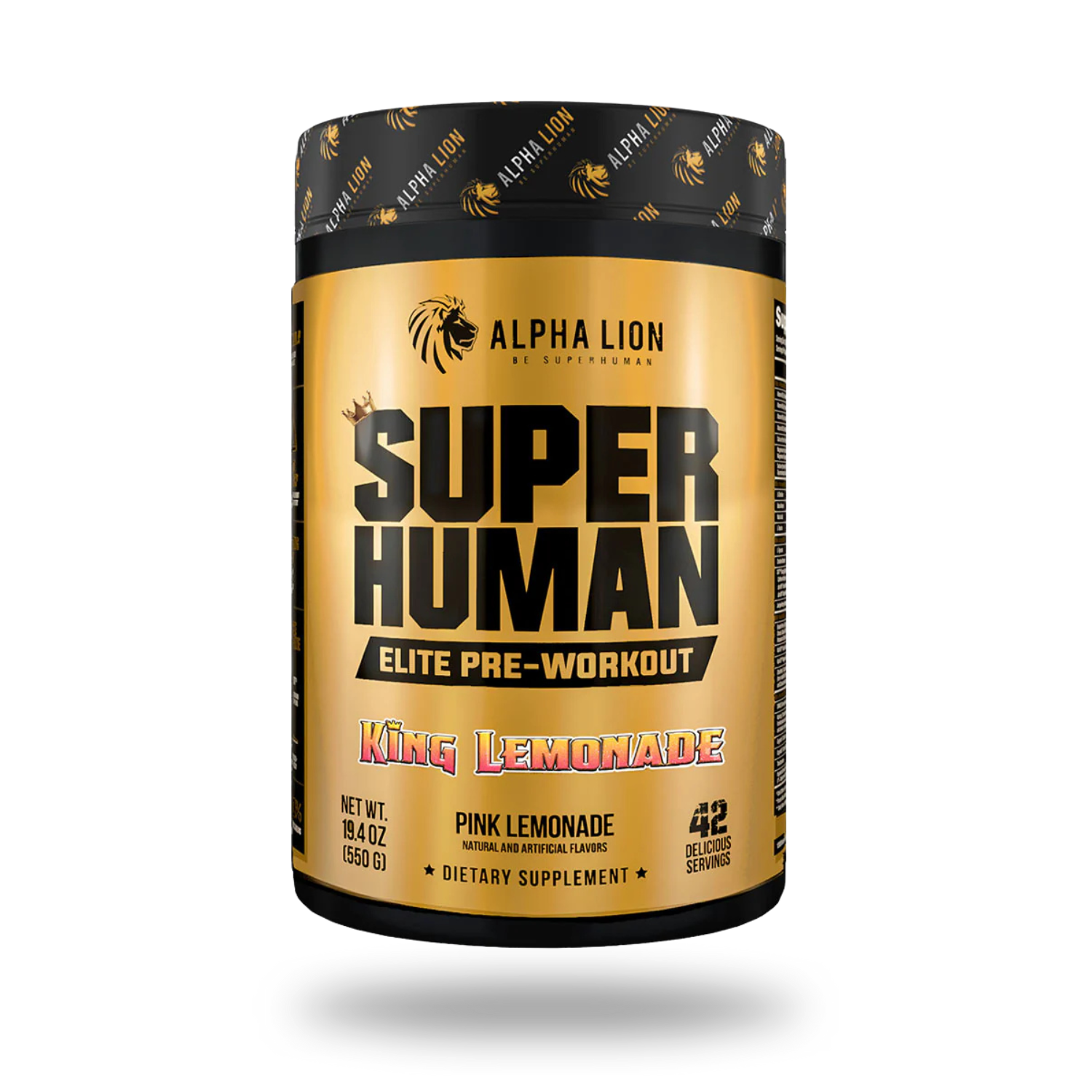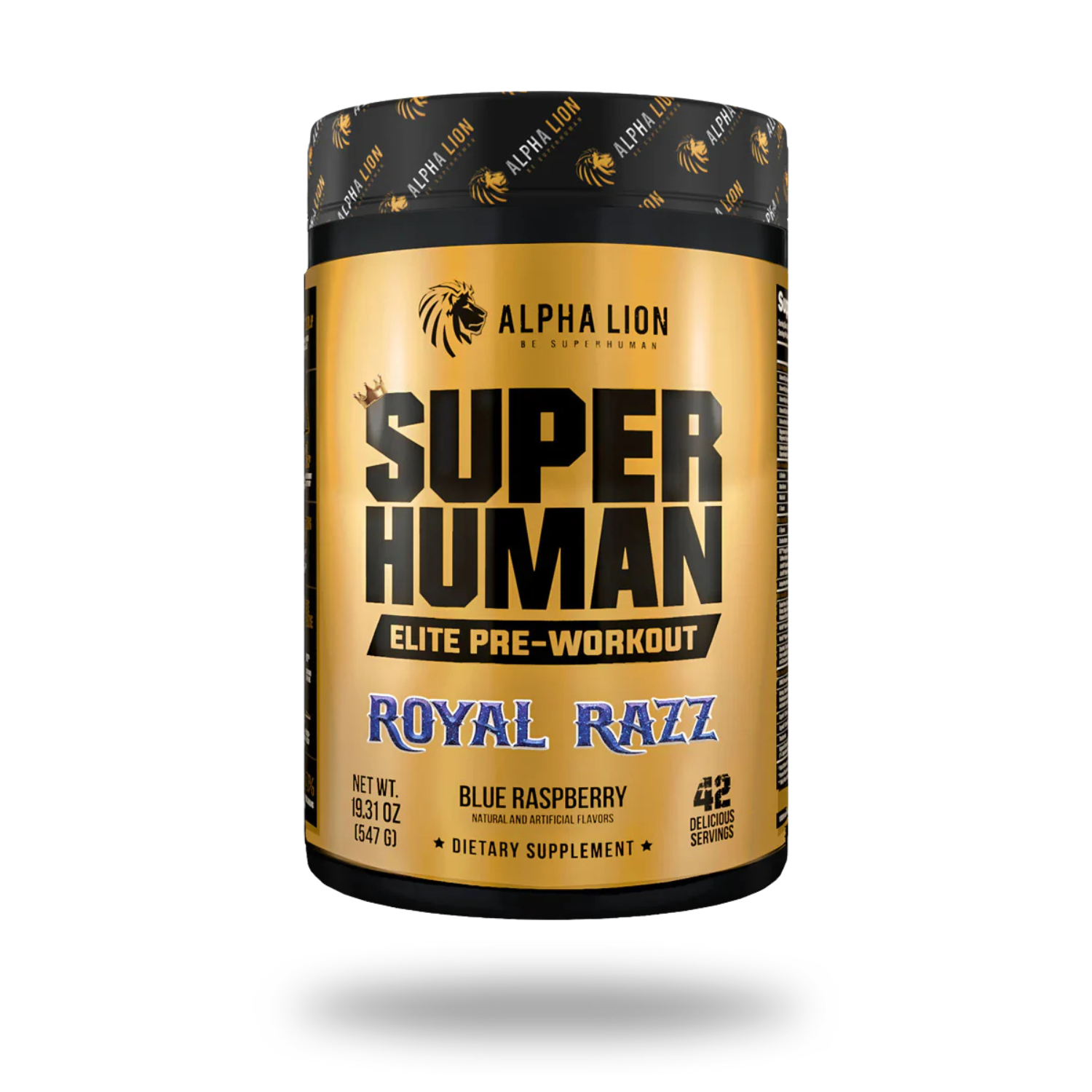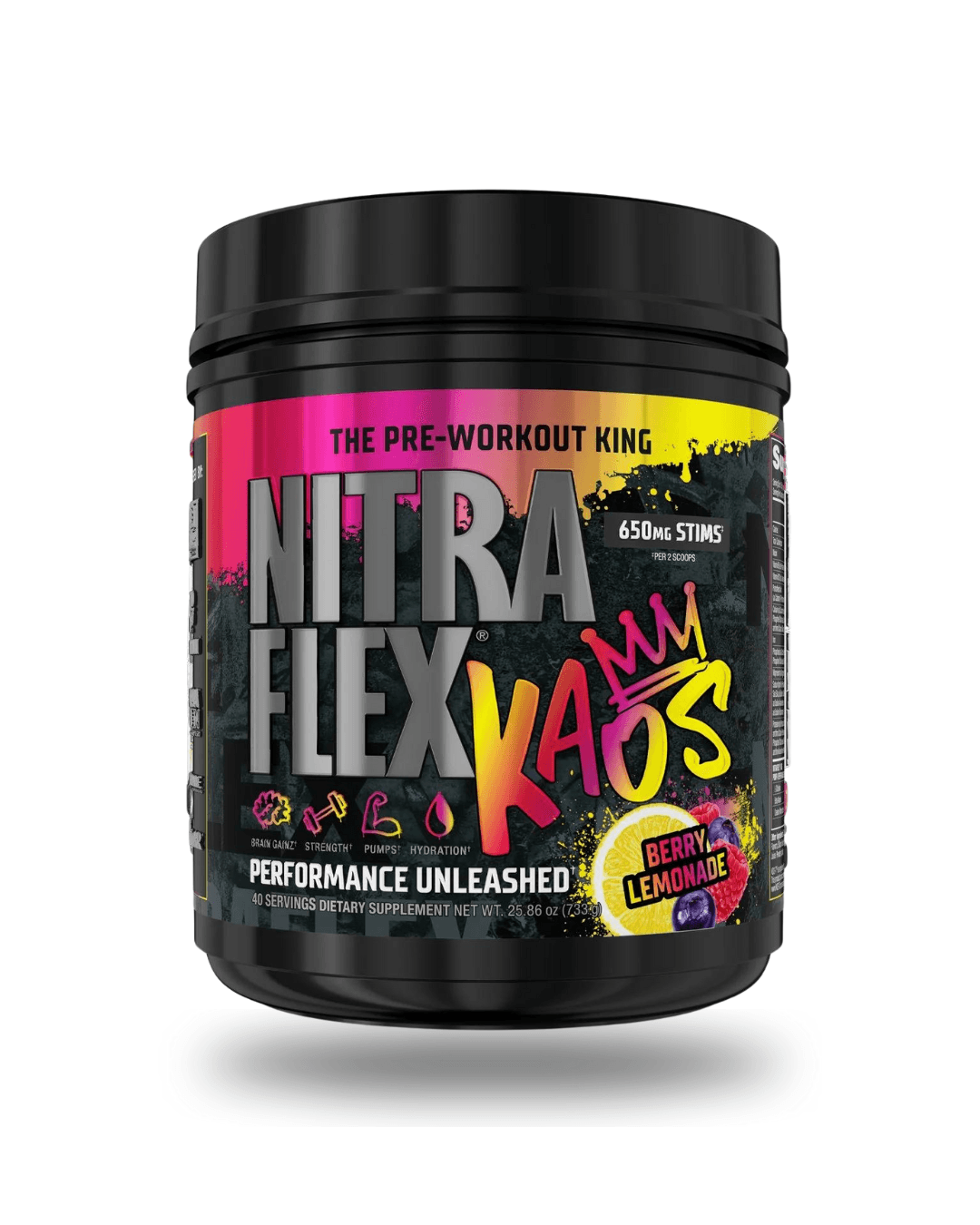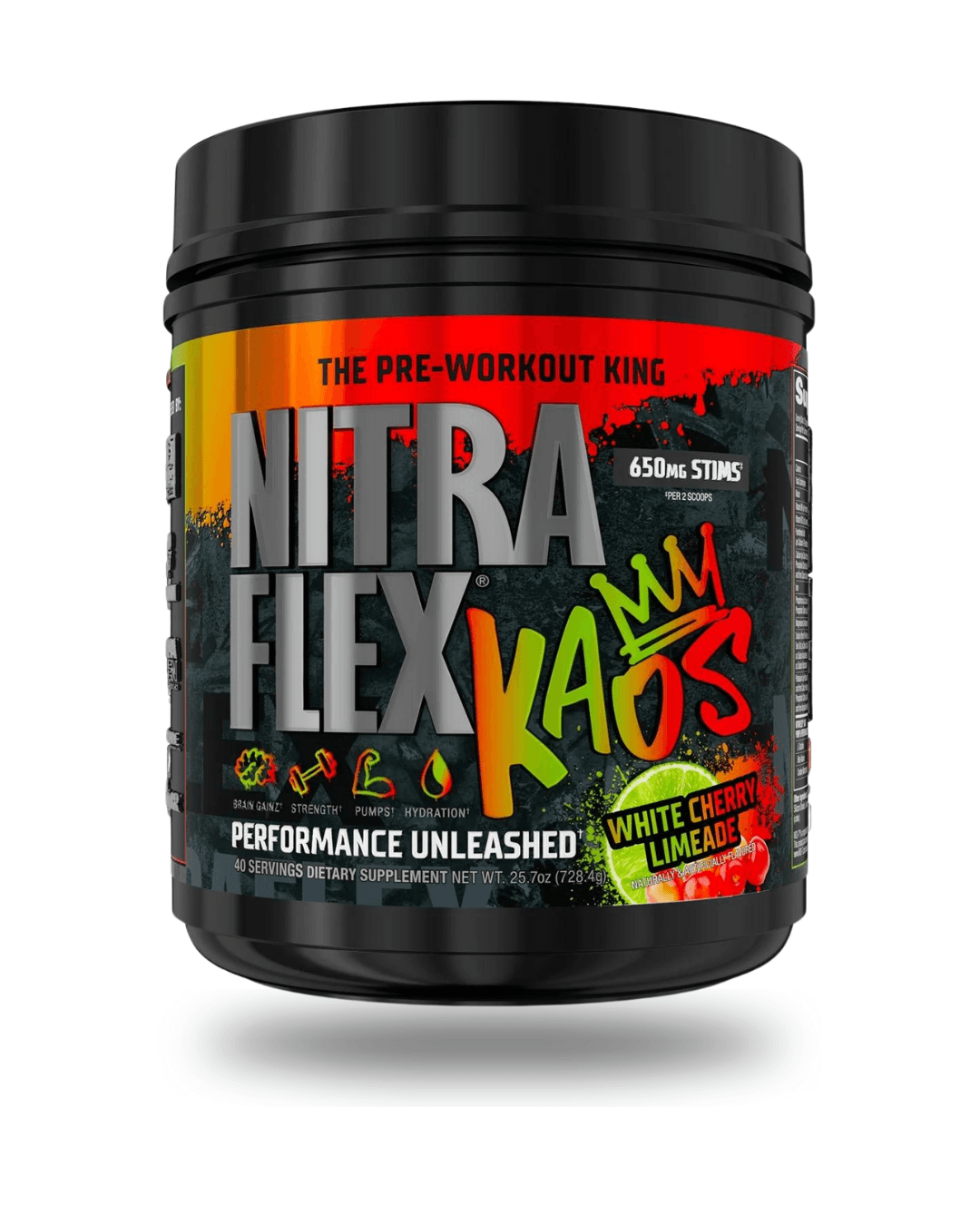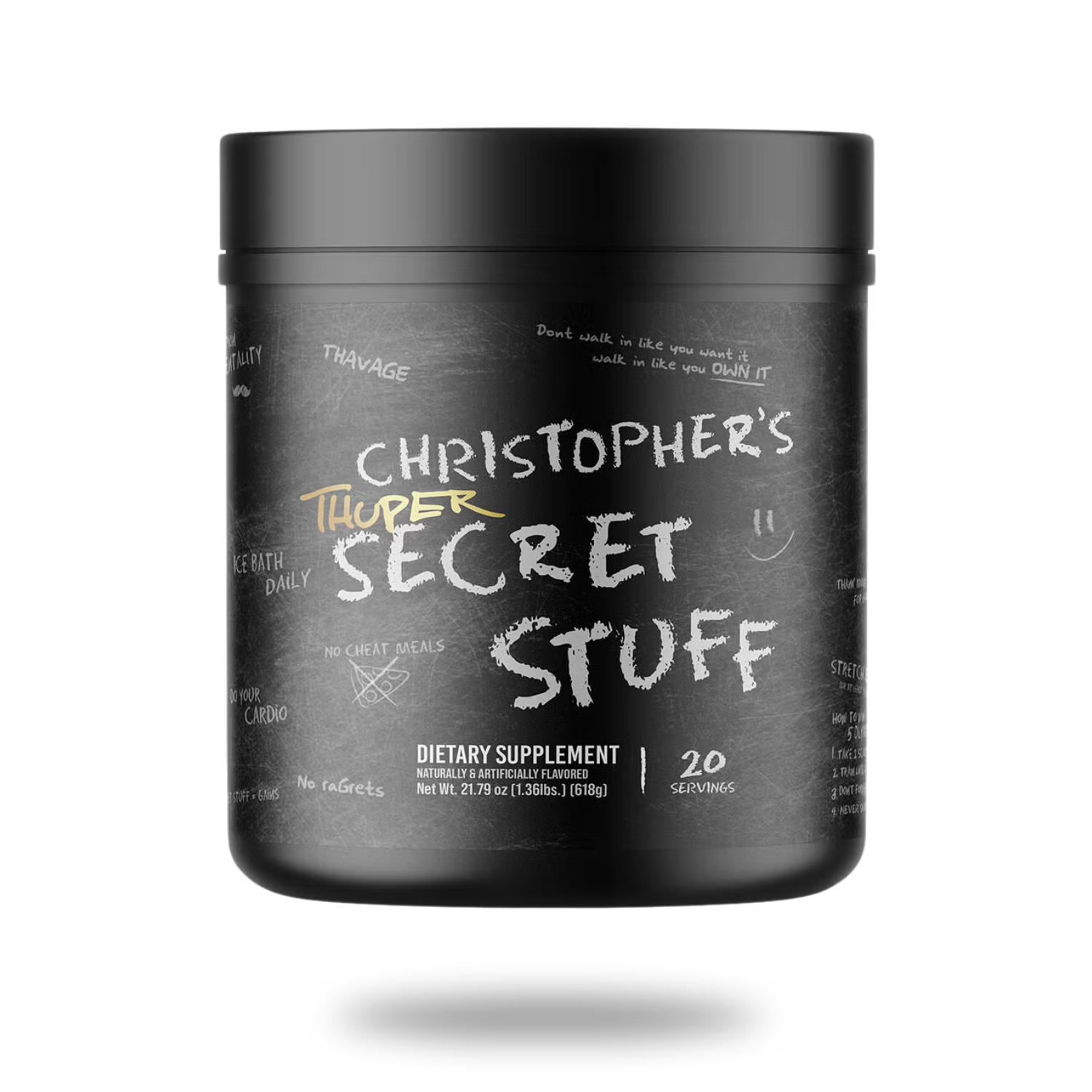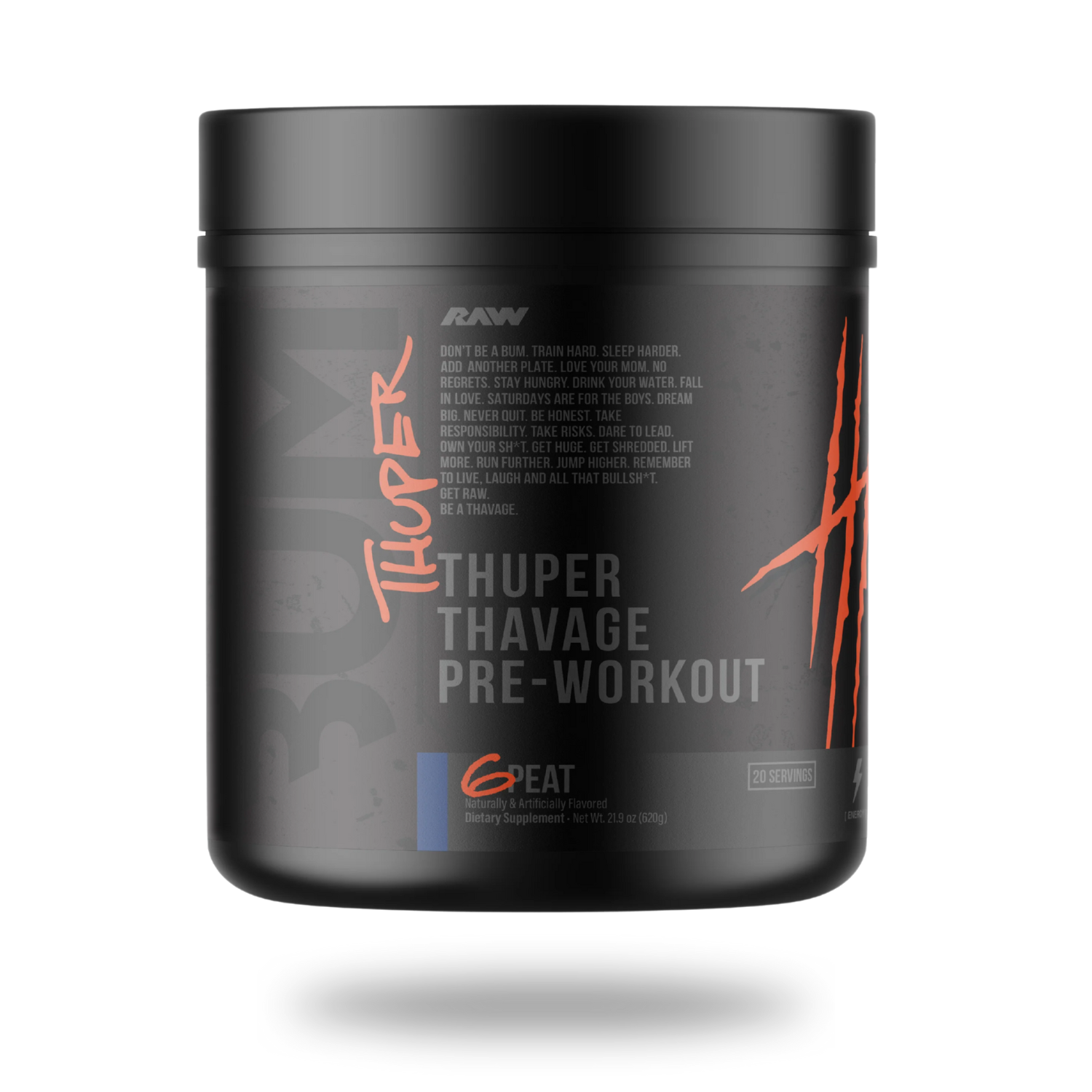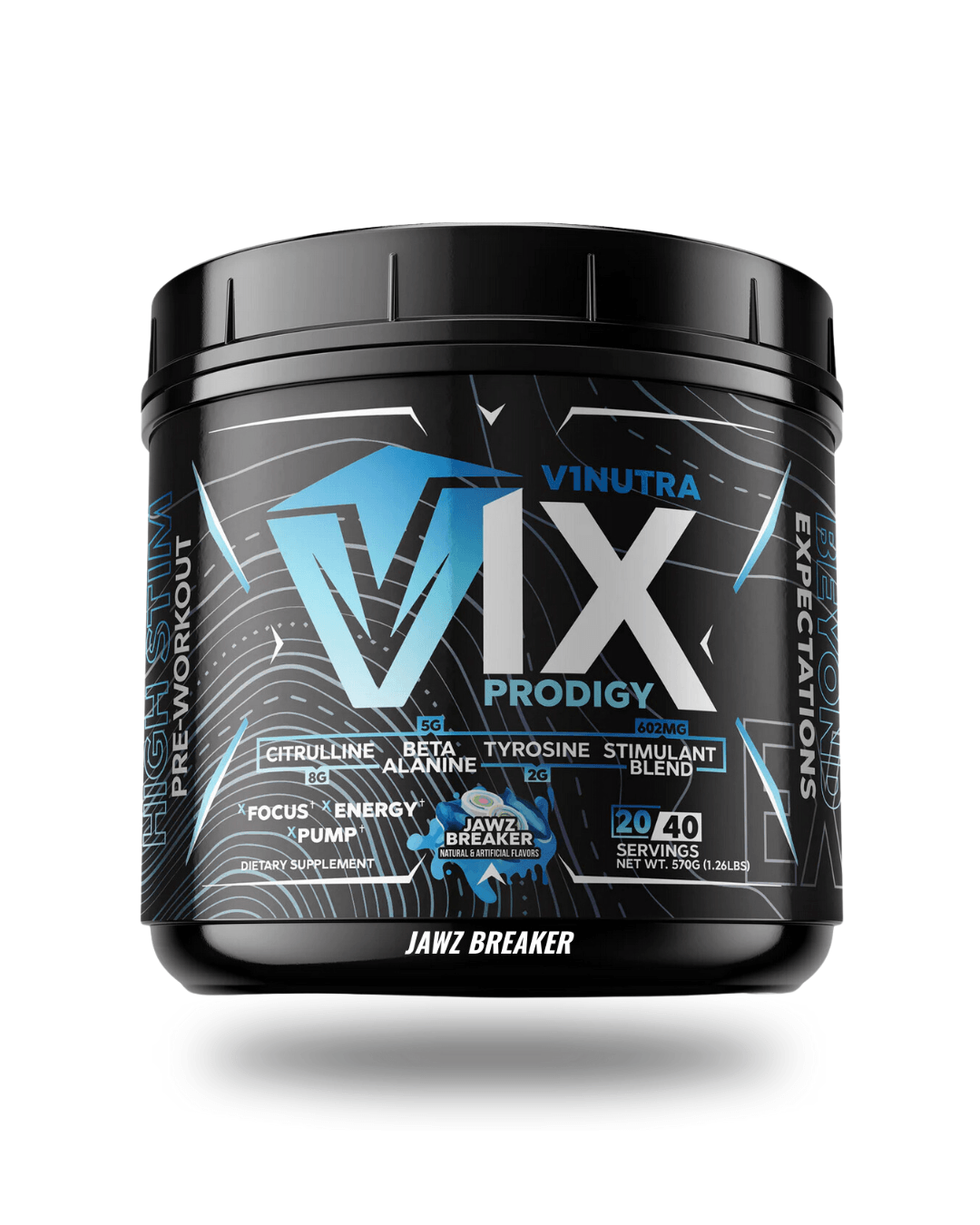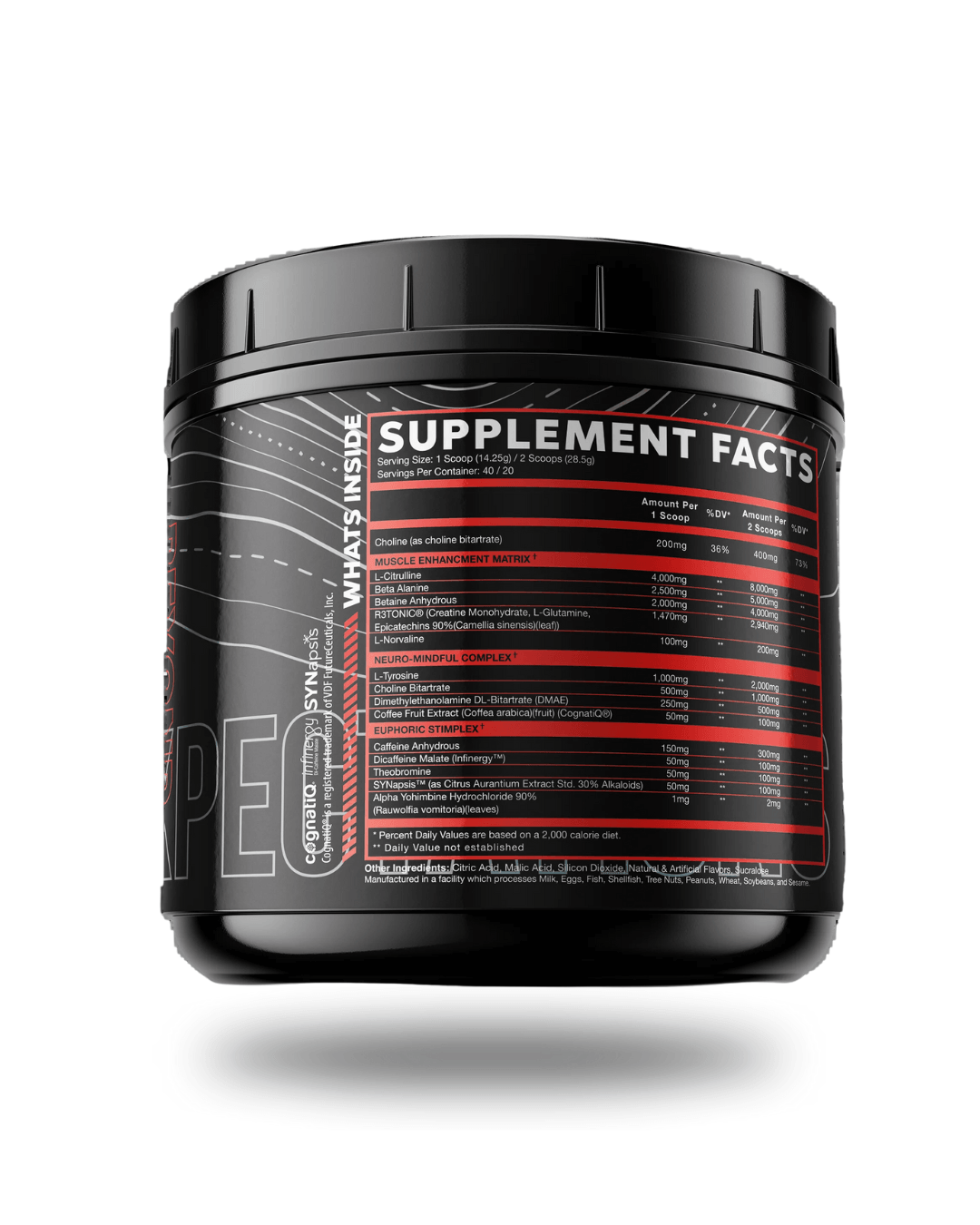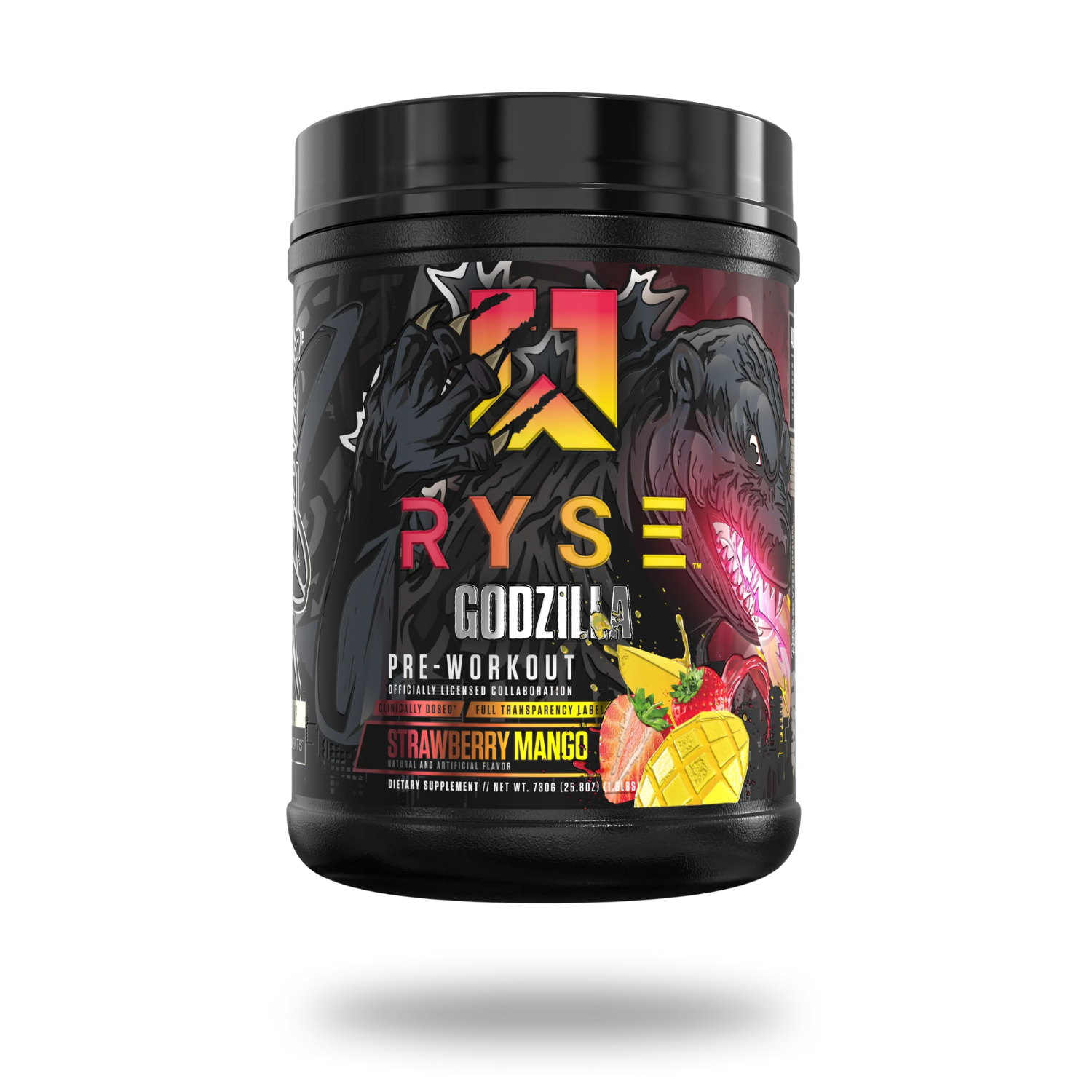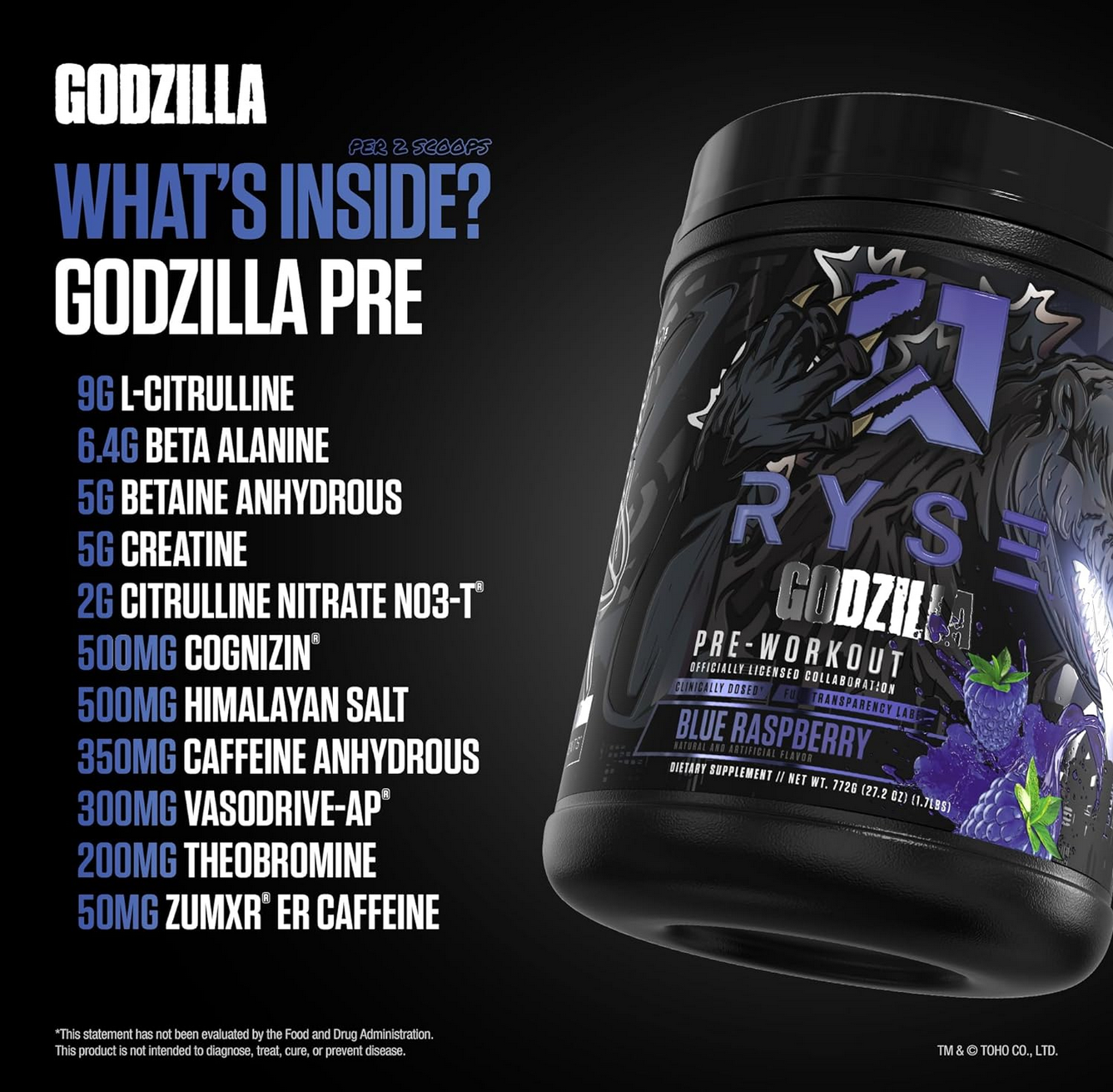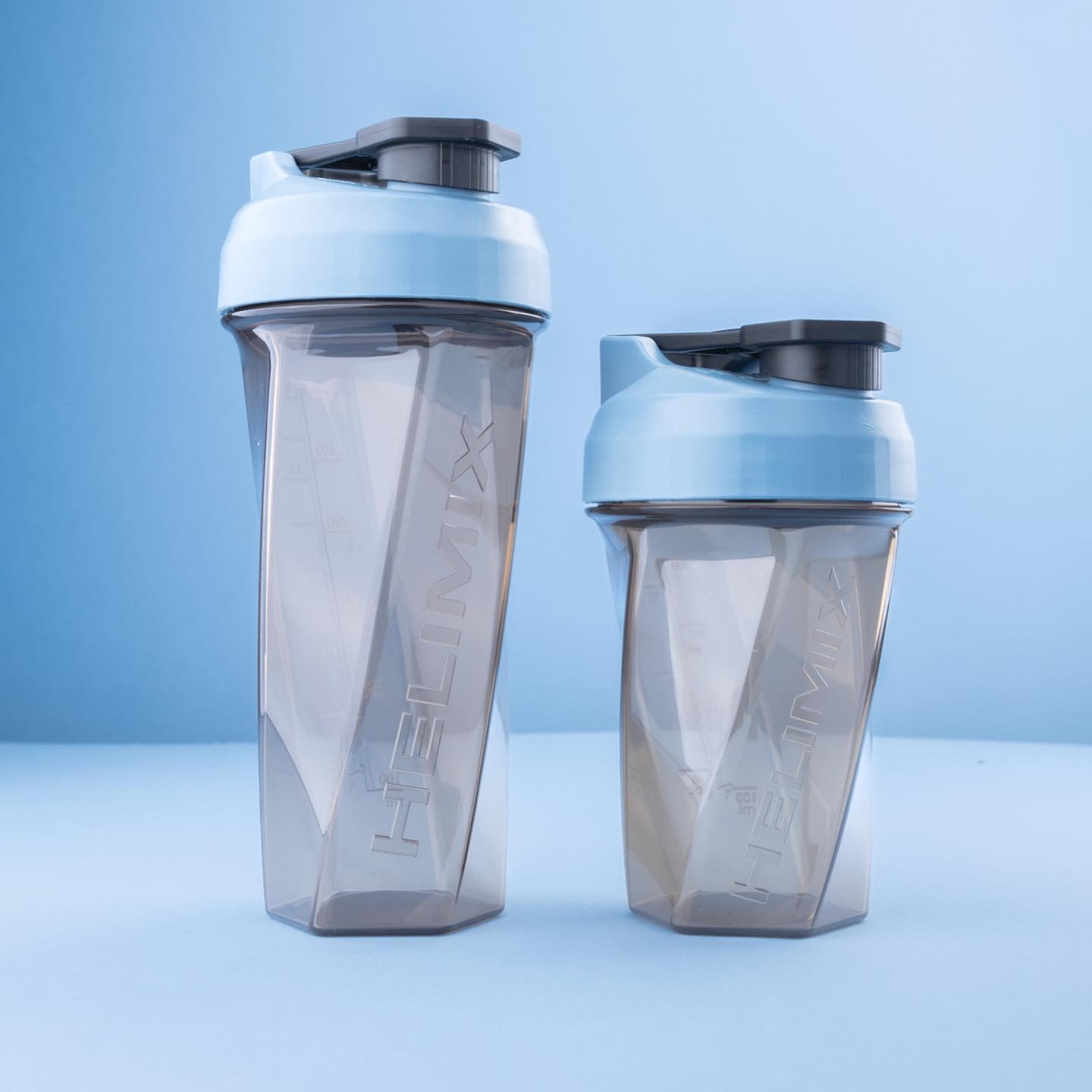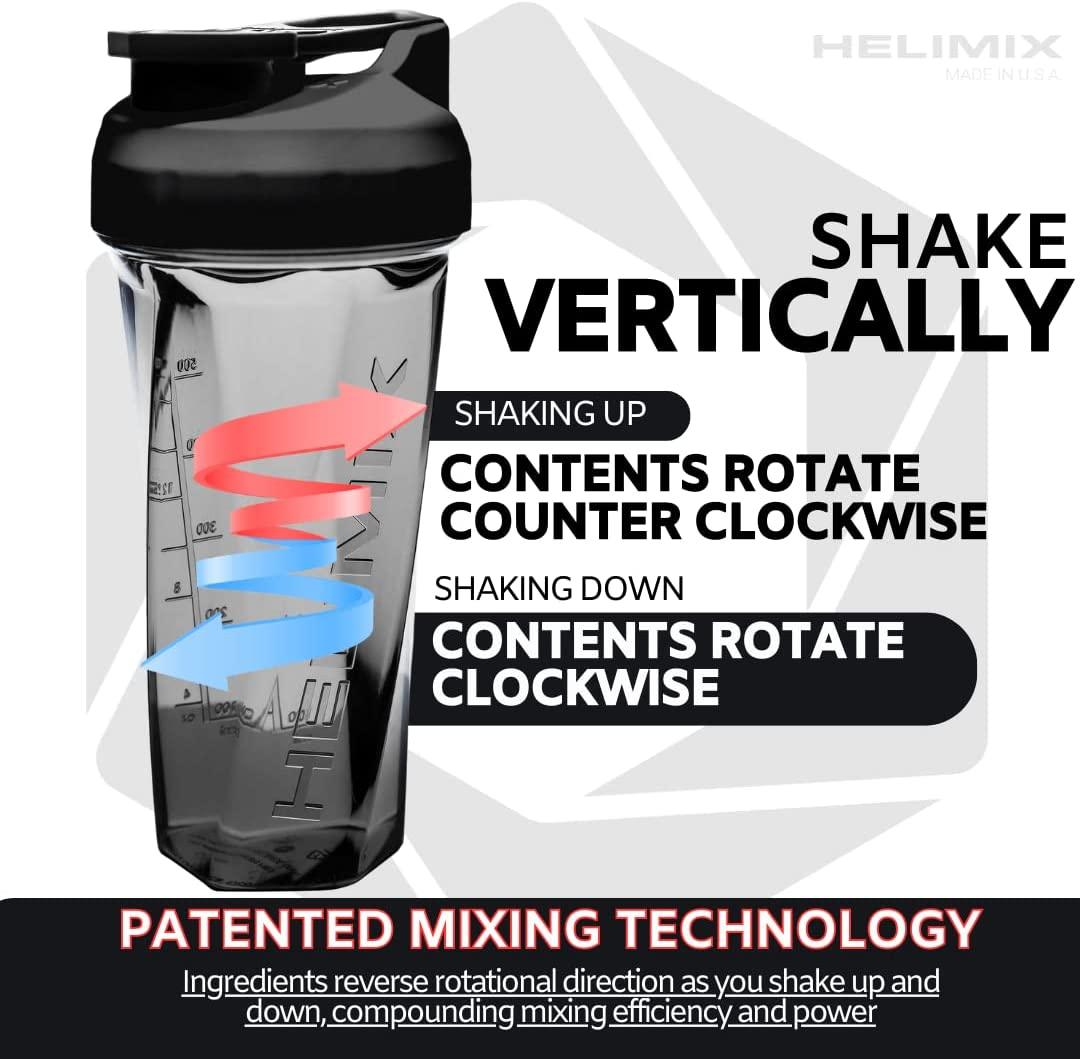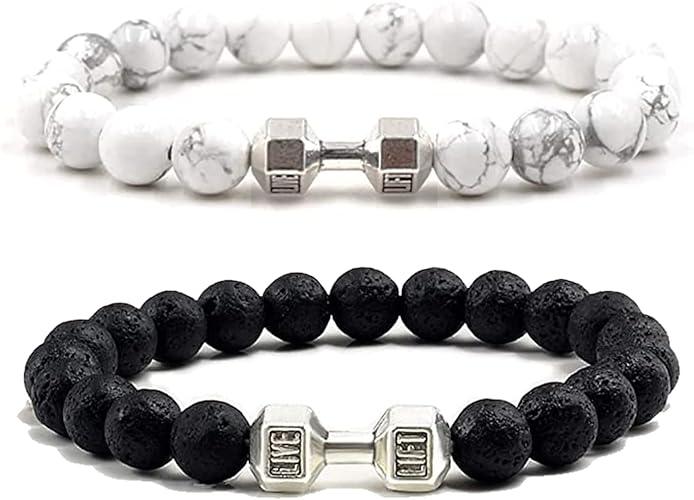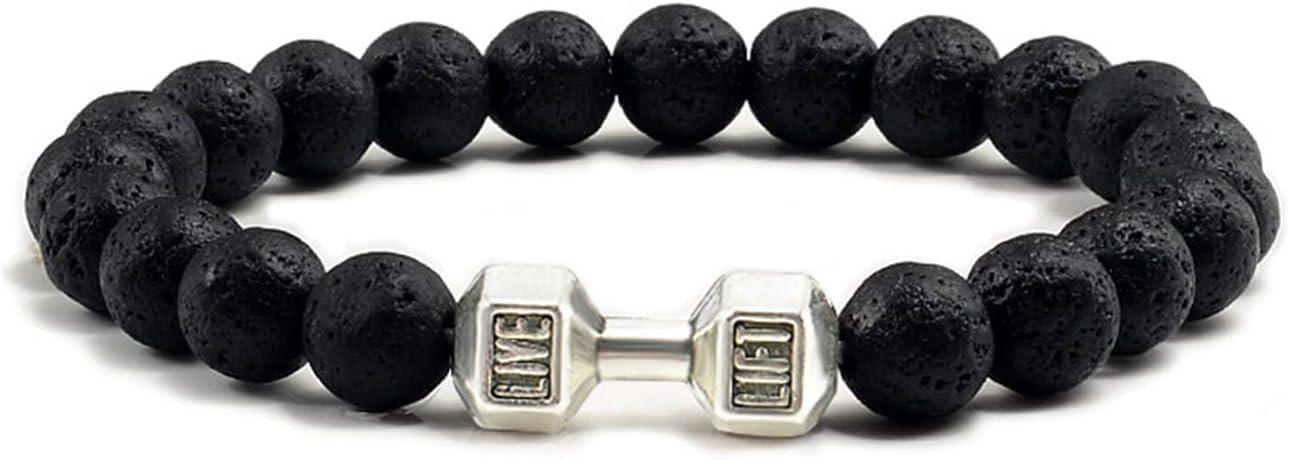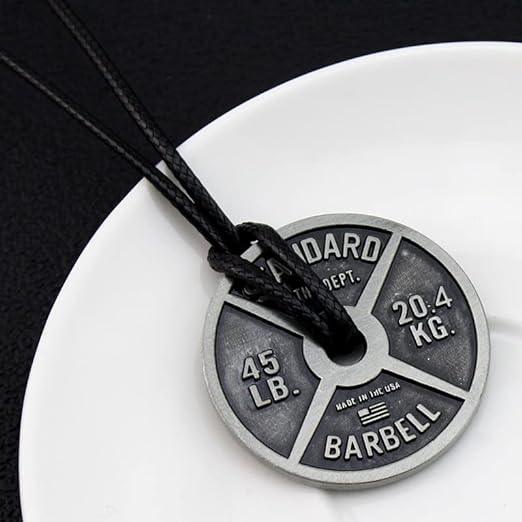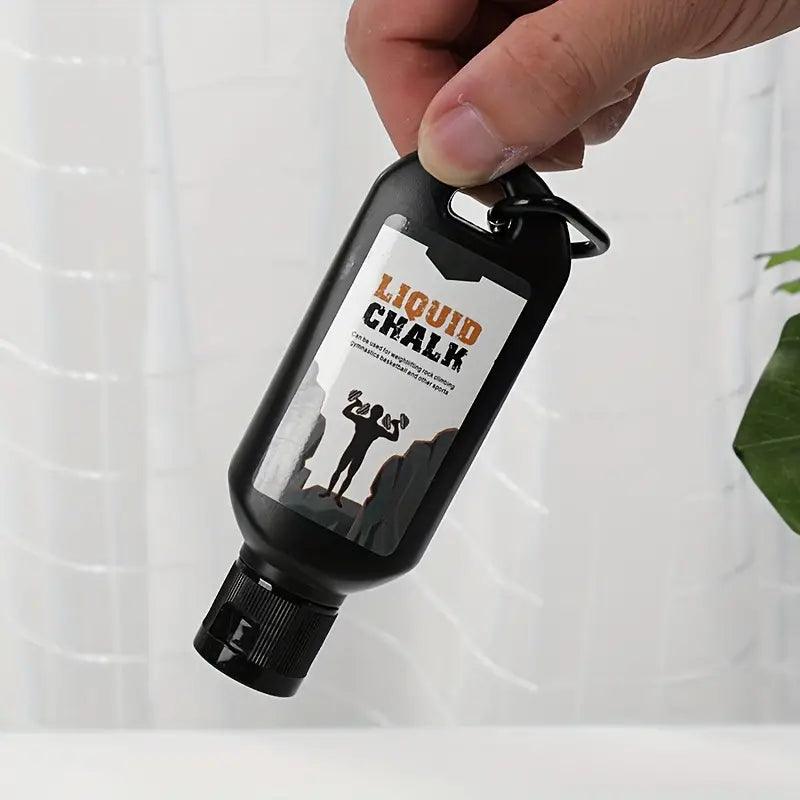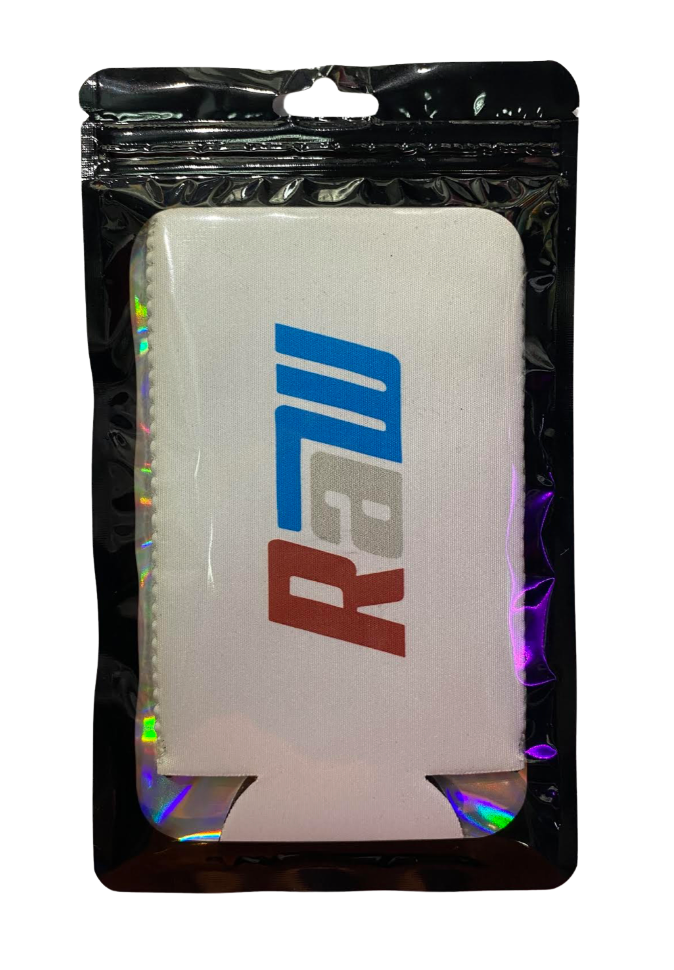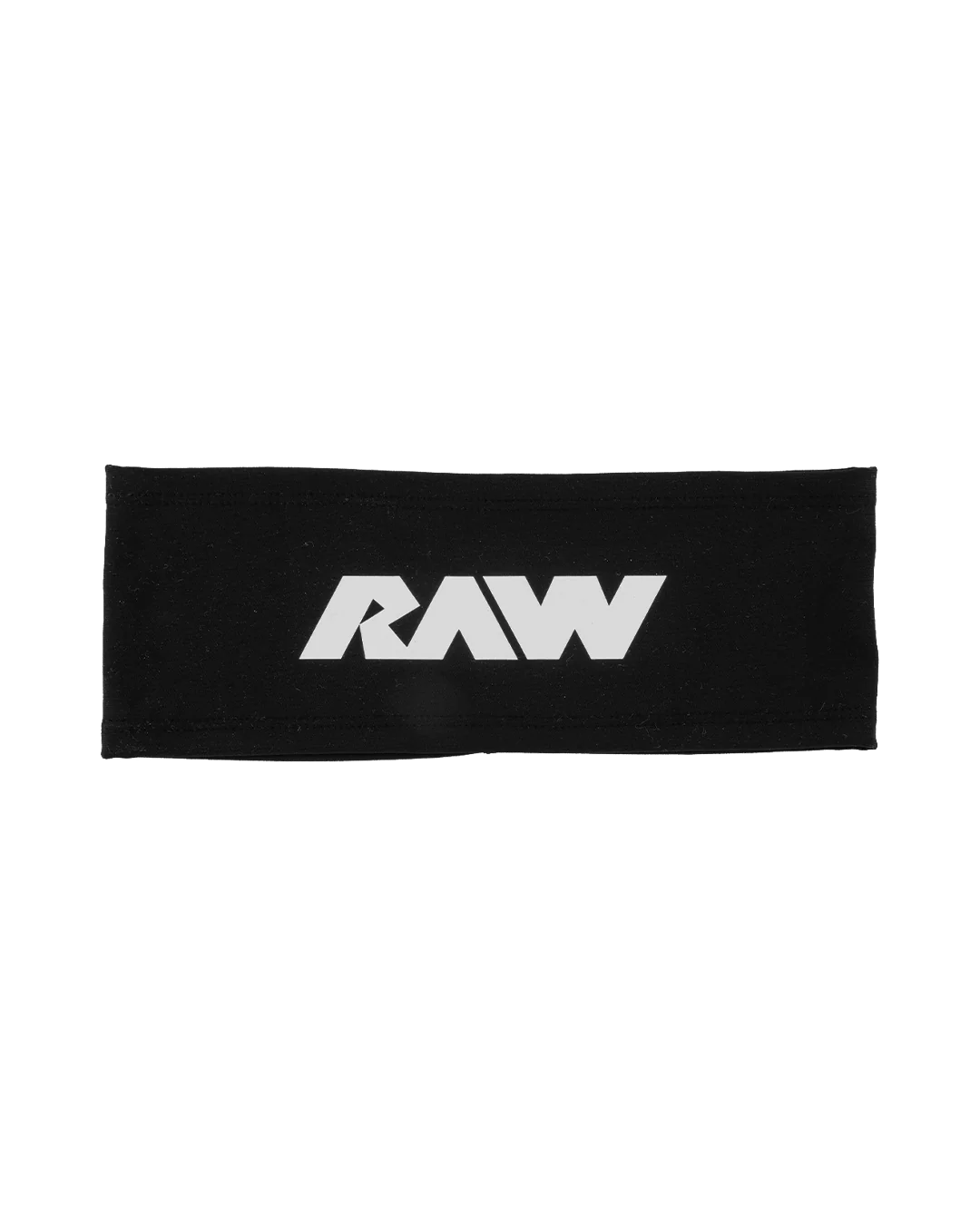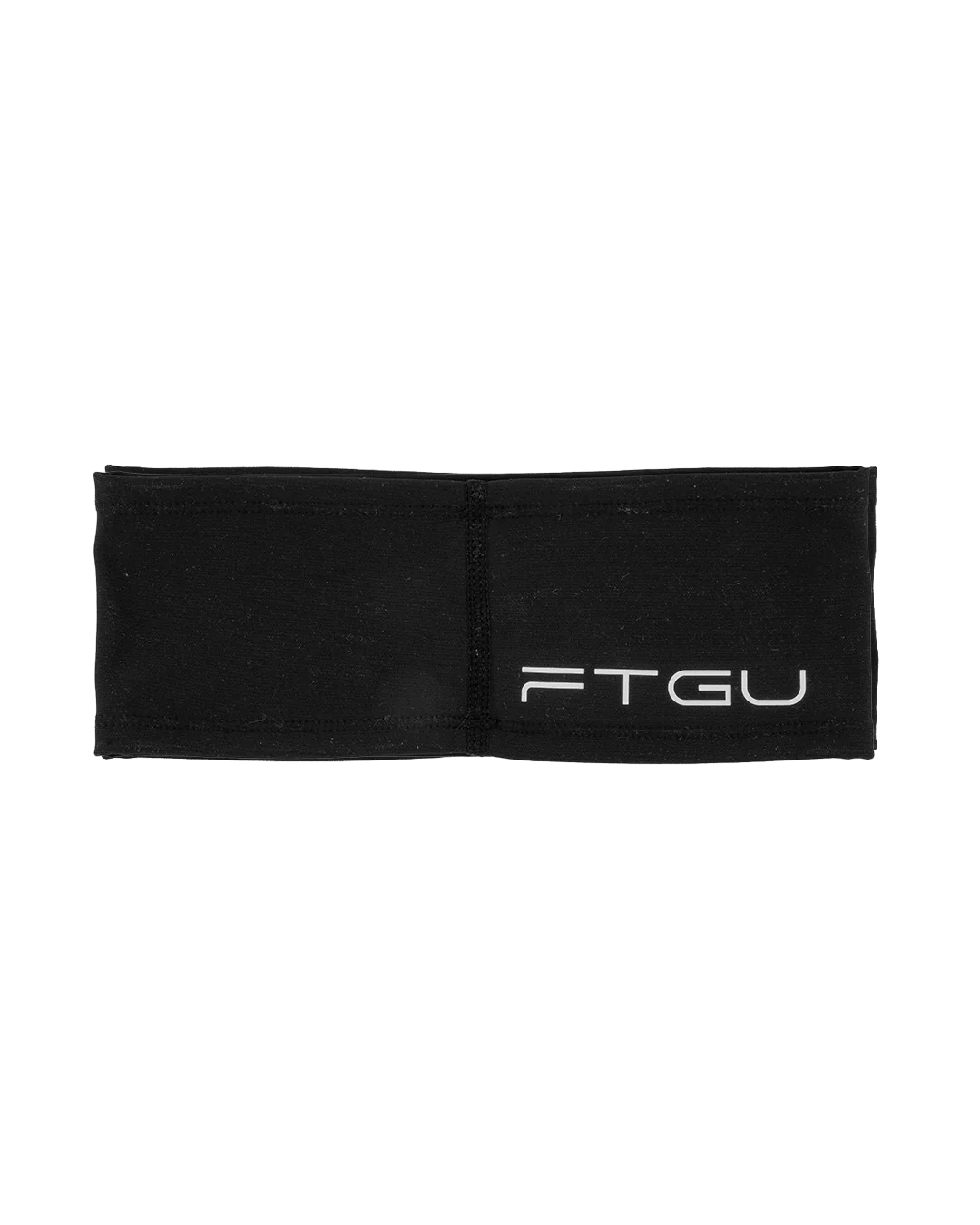Betaine, also known as trimethylglycine (TMG), is an ergogenic aid that enhances athletic performance.[6] It's a methyl donor involved in several metabolic processes, including the regulation of blood homocysteine levels, which can affect cardiovascular health if too high. Therefore, supplementing with betaine can boost immediate performance and contribute to long-term cardiovascular health.[7,8]
Similar to glycerol, betaine also acts as an osmolyte, maintaining optimal cell hydration [7-9] and providing protection against heat stress.[10] Long-term supplementation of higher doses of betaine (2.5 to 5 grams daily) can significantly improve strength, power, endurance, and body composition.[11-16]
The real synergy becomes apparent with betaine’s marriage to nitric acid, or nitrate, to form betaine nitrate. Nitrate is converted to nitrite, at which point it finds its way to your salivary glands, where it is converted into nitric oxide.[17-19] Nitric oxide is ground zero for a good pump, due to its role in promoting vasodilation.
Nitrate supplementation has been shown to increase circulation,[20] improve aerobic capacity,[20-23] speed up recovery, and prolong endurance.[22-23]
We have a solid 2,000mg of Betaine Nitrate in each tablespoon of FSU Serum. When choosing a hydrating pump ingredient to go alongside our huge amount of glycerol, betaine nitrate is the primo pick.
Don't Forget Your Electrolytes!
We didn’t forget the gold standards for hydration: sodium and potassium. Both play a crucial role in ensuring your muscle contractions are efficient and forceful. Avid athletes know how essential it is to replenish these crucial electrolytes post a sweaty workout, and our FSU Serum is here to ensure you do just that.
Sodium (500mg) is essential for peak athletic performance as it is one of the electrolyte minerals necessary for efficient muscle contractions.[24] Intense workouts can deplete the body of sodium through sweating, impacting performance and recovery if not replenished.[25] Current research suggests that higher sodium intake, within the range of 3,000 mg to 5,000 mg per day,[26] may not be as harmful as previously thought, especially for athletes or individuals who sweat a lot.
Potassium (250mg), another vital electrolyte, also plays a crucial role in cardiovascular health[27] and helps the body retain calcium.[28-29] The sodium to potassium ratio might be more critical than the absolute intake of either,[30,31] with low sodium-to-potassium ratios linked to hypertension and other cardiovascular diseases.[32-37] Therefore, it is advised to increase potassium intake instead of just reducing sodium.
Finally, maintaining adequate potassium levels is necessary for vasodilation as the interaction between sodium and potassium drives this process through the polarization of endothelial cells.[32,38,39]

